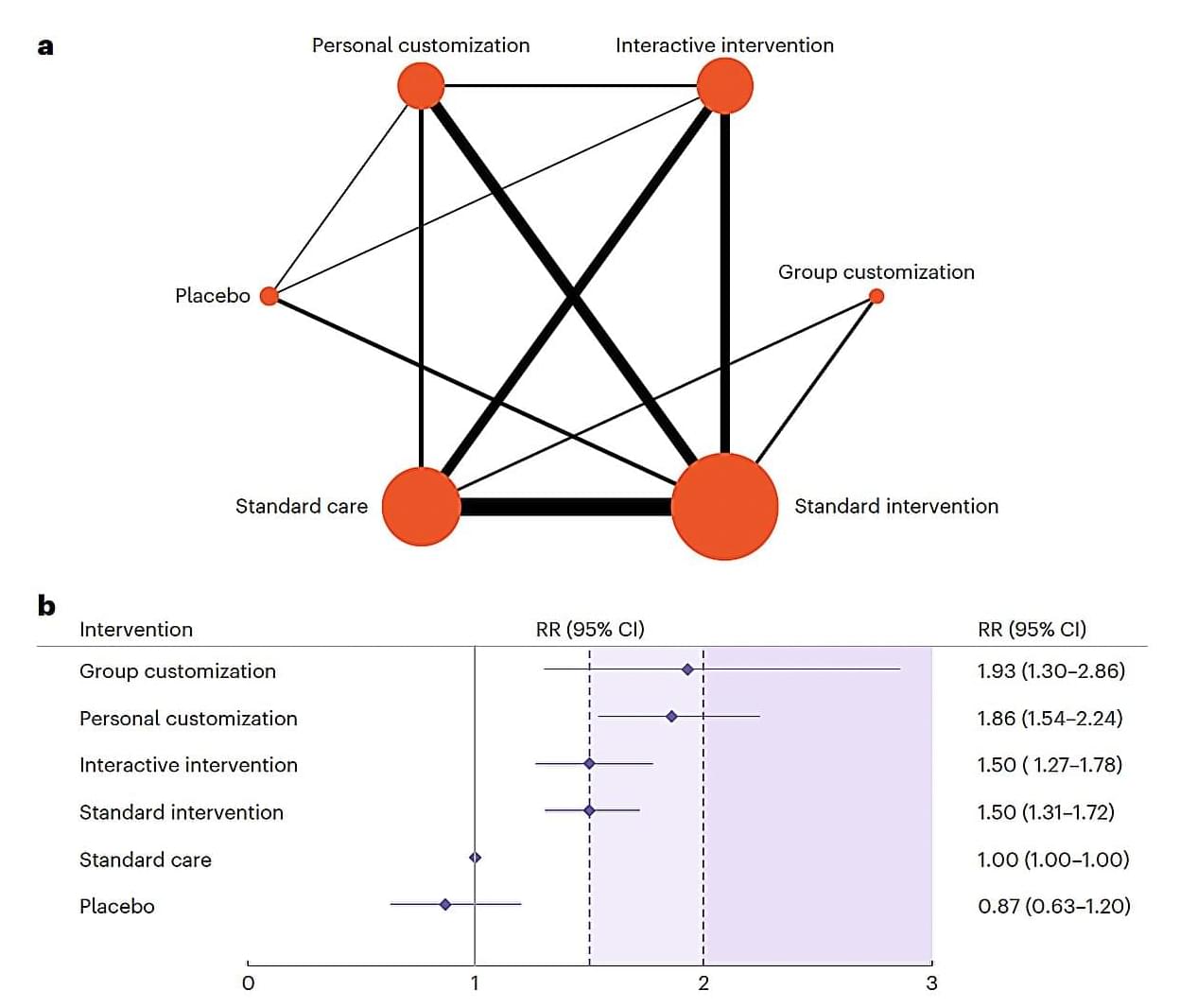Researchers have found that giving AI “peers” in virtual reality (VR) a body that can interact with the virtual environment can help students learn programming. Specifically, the researchers found students were more willing to accept these “embodied” AI peers as partners, compared to voice-only AI, helping the students better engage with the learning experience.
“Using AI agents in a VR setting for teaching students programming is a relatively recent development, and this proof-of-concept study was meant to see what kinds of AI agents can help students learn better and work more effectively,” says Qiao Jin, corresponding author of a paper on the work and an assistant professor of computer science at North Carolina State University.
“Peer learning is widespread in the programming field, as it helps students engage in the learning process. For this work, we focused on ‘pAIr’ learning, where the programming peer is actually an AI agent. And the results suggest that embodying AI in the VR environment makes a real difference for pAIr learning.”









